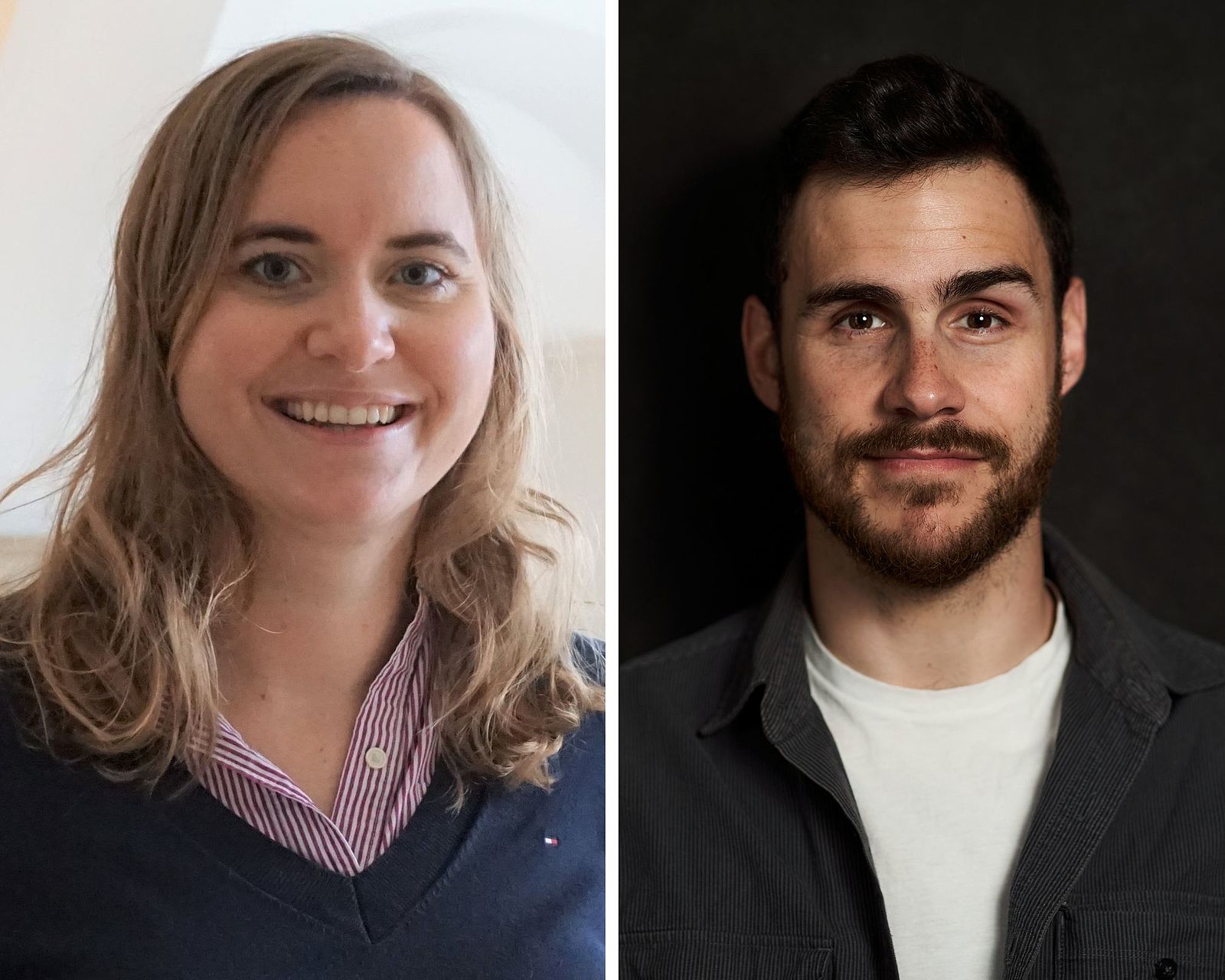If the internal clock is out of sync, the heart gets sick
Shift work, traveling to other time zones, and overeating fat upset our inner circadian clock. If it gets out of sync too often, this can lead to illness. In the heart, genes that play an important role in metabolism are then misregulated. "We are pursuing three approaches," says Pieterjan Dierickx. "Firstly, we are investigating how disturbances of the internal clock gradually lead to heart disease. We use a mouse model where the internal cardiac clock no longer functions due to a genetic change." These mice become ill and eventually die from heart muscle disease. The Belgian scientist and his team want to determine what early processes occur when the mice get sick and whether this could be a model for heart failure in humans.
Jet lag in the lab
In their second project, Pieterjan and his group are looking at which metabolites are different in clock-disrupted animals. In addition to their genetic model, alternative strategies will be used to disturb the clock. They can induce a shift-work/jetlag-like state in mice by subjecting them to alternating light schedules. This closely mimics the human situation. “It is not the long-distance travel that disturbs the finely timed inner structure, but the light pulses at the wrong time that are decisive,” explains Dierickx. Similarly, light from a mobile phone or laptop late at night in bed will negatively affect the clock.
“We will investigate why certain metabolites are significantly lower after clock disruption than in healthy mice,” Dierickx continues. In the light of therapy, the research team will explore how to boost the levels of these metabolic products. Current strategies of metabolic supplementation generally do not take timing into account. However, many metabolites are showing time-of-day oscillations in the heart. To mimic the natural up-and-down, the laboratory mice are administered the metabolic products rhythmically, a process called chronotherapy. The researcher hopes this will alleviate and potentially even prevent the disease-causing processes in the heart. This a promising concept because rhythmic fluctuations also generally decrease with aging.
Women are particularly at risk
In his third project, Dierickx investigates why women are more susceptible than men to developing heart failure when their internal clock is out of sync. In the long term, this could lead to distinct treatment strategies considering the differences between the sexes.
Before the Belgian moved to the MPI in Bad Nauheim, he worked as a Postdoc at the University of Pennsylvania (UPenn) in the USA. "The greater Frankfurt region is well positioned in cardiovascular research," says Dierickx. "The Max Planck institute and its attractive network convinced me to return to Europe from the US."
Pulmonary hypertension in left heart disease: immune system under suspicion
Jana Grune also spent several years as a postdoc in the USA before returning to Germany from Boston. The young scientist is equally familiar with the heart and lungs. She is investigating the communication between the two organs at the German Heart Center of the Charité (DHZC) in Berlin. When the left side of the heart becomes diseased, pulmonary hypertension can quickly develop, with dramatic consequences for the right side of the heart, which in the worst case, can fail, and the patient dies.
There is still no well-functioning therapy for patients with pulmonary hypertension due to left heart disease. At the same time, there are more and more people with left heart disease, such as some forms of heart failure. So far, it is unclear why it affects some patients, and they also develop pulmonary hypertension - or pulmonary hypertension, as physicians call it - and others do not. Jana Grune's suspicion falls on certain inflammatory processes of the immune system.
Too much of a good thing: When the immune system makes you sick
It is known that in many cardiovascular diseases increased immune cells circulate in the bloodstream. Monocytes belong to the white blood cells and are also known as the "policemen of the blood". But sometimes it is too much of a good thing: That's when an increased monocyte count leads to an exuberant immune response. "Our hypothesis is that patients who develop a lung phenotype also have more monocytes that migrate into the tissue and do their mischief there," explains Jana Grune. The "bad boy" role driving this process could be played by the hormone aldosterone.
In blood samples from patients with left heart disease, she and her team are checking whether it is true that those who later develop pulmonary hypertension also have more monocytes. The monocyte count could then possibly be used to determine the risk of pulmonary hypertension at an early stage. In an animal model with mice suffering from heart disease, the group is testing therapeutic approaches in parallel to find out at which point in time which type of pulmonary hypertension therapy has an optimal effect.
"As a hospital, DHZC has the patients, but at the same time, there is also the infrastructure to do the molecular and animal research," says Jana Grune. She relies on a multi-pronged approach and a team of clinicians and researchers to study the heart-lung axis.
Scientific contacts: Dr. Pieterjan Dierickx, Max Planck Institute for Heart & Lung Research Bad Nauheim, Pieterjan.dierickx(at)mpi-bn.mpg.de, Dr. Jana Grune, German Heart Centre of the Charité (DHZC), jana.grune(at)charite.de
Contact: Christine Vollgraf, Press and Public Relations, German Centre for Cardiovascular Research (DZHK), Tel.: 030 3465 529 02, presse(at)dzhk.de



